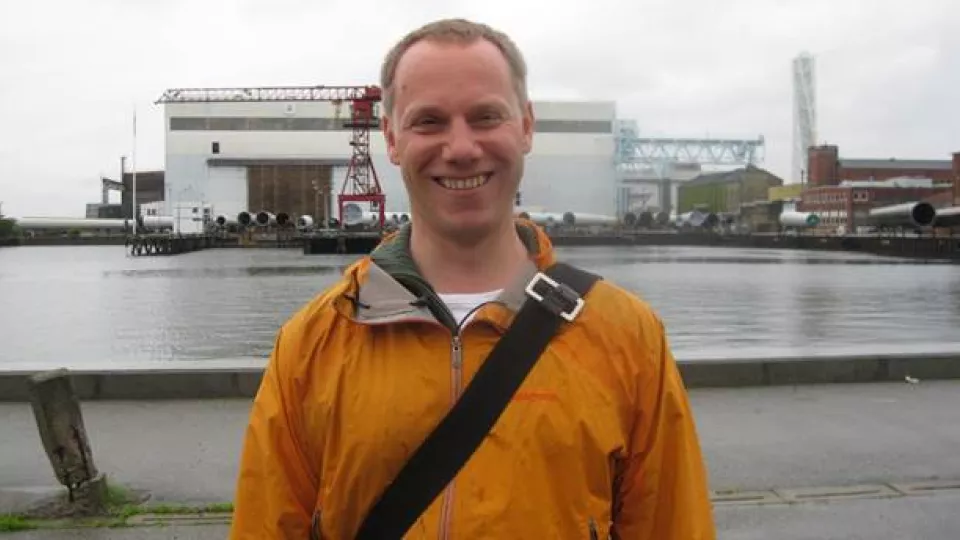Swedish municipalities play a key role in sustainable building and planning. However, research has proven to be difficult to transfer from universities to practice. From 2016, three universities located in Skåne, SLU Alnarp (project leader), Lund University (IIIEE and LTH) and Malmö University, have a joint effort to offer their research competences to six municipalities. The ambition is to support the municipal strategic challenges in relation to sustainable building and planning activities.
The project has its basis in the Skåne Association of Local Authorities recently initiated certification program called Research Municipalities. The project will evaluate both old and newly developed forms of competence and knowledge dissemination and cooperation from research to and with the municipalities. The concept of Municipal PhDs will be tested as a means for cross municipal cooperation together with other models for cooperation. Four municipal PhDs are engaged in the project from City of Malmö (one from each the environmental department and the city planning office), Municipality of Staffanstorp and Municipality of Östra Göinge.
Roland Zinkernagel at the City of Malmö has just started as a Municipal PhD to be based at Lund University part-time and also at the City of Malmö part-time. The idea is that he will act as a bridge between the city and the university. We asked Roland a few questions about his job, research plans and expectation for the future.
What do you do at the City of Malmö?
On one hand with EU financed projects on energy-efficient new construction. On the other hand I am involved in different urban development processes in the city, which means checking spatial plans and making suggestions how the areas can become more sustainable with regard to mobility, biodiversity, climate adaptation but also with regard to the social interaction potential. We have frequent meetings with other municipal departments as well as private sector companies and residents to discuss and find solutions and synergies for how each development can be more sustainable.
Why have you decided to become a Municipal PhD?
For me it is the perfect combination of doing a hands-on job where I get immediate feedback on decisions, with a more theoretical and analytical approach on developing new strategies for sustainable urban development. I can combine experiences I get form the work in Malmö with ideas and discussions that are ongoing in the academic field, something that I didn’t really have time for previously.
What topic will you explore as a Municipal PhD?
I want to look into the role that qualitative indicators can play for sustainable urban development. I find that there is an increasing focus on quantitative assessments - you need to be able to count. As long as you can show numbers, decision makers believe that they rely in hard facts but often these numbers are only guestimates. In addition, you lose other, qualitative, aspects. For example, it might be more important that everyone has a park or green area within 200 metres from where they live. What the green area looks like or what is happening on these 200 metres is not considered.
What are your expectations for the outcomes of this project both for the City of Malmö and Lund University?
I expect that discussions amongst planners and other actors that are involved in developing the city include qualitative aspects more in the future. I realise that quantitative indicators will always exist and agree that they are necessary for some aspects, but allowing and accepting qualitative assessment systems are a necessary addition in order to be able to reach the overarching and cross-disciplinary goals that cities set themselves nowadays. In addition I hope to be able to provide more of the academic knowledge to my municipal colleagues. Likewise I expect that my 15 years of experience from working in Malmö will provide input to the academic discussions at Lund University. I see differences in the working atmosphere between the municipality and the university, where I feel there are more opportunities for cross-disciplinary discussions and cooperation in the municipality. I hope that I can contribute to increasing the curiosity of researchers for municipality work.


